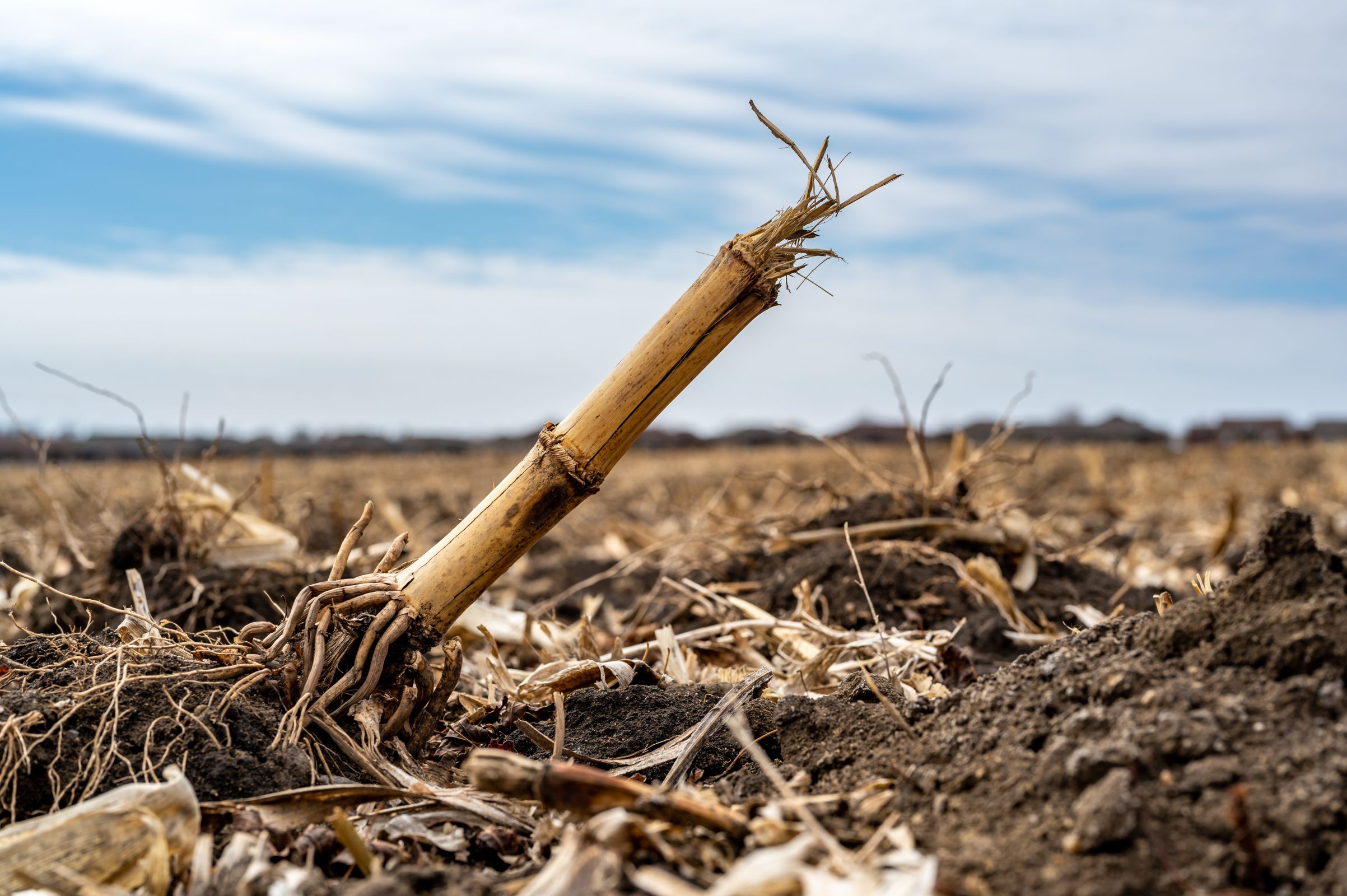
Phelps County Chosen for Nebraska's Largest Industrial Project
August 27, 2024
In early August, DG Fuels announced its selection of Phelps County as the location for a new $5 billion plant that will produce low carbon airplane fuel out of corn stover to meet airline demand for low carbon fuel.
“This promises to be the largest single industrial project in Nebraska’s history, and it represents the beginning of a push to make our state the epicenter of the emerging bioeconomy,” PCDC Executive Director Ron Tillery said. “No other region in Nebraska is better positioned to lead this effort than we are in Phelps County.”
PCDC collaborated with Governor Jim Pillen and Julie Bushell, who leads the Nebraska BioEconomy, to bring the project to Phelps County.
“Relationships matter, especially in economic development,” Tillery said. “Over time, building a foundation of trust that's underpinned by competence will open doors of opportunity. Understanding your market's strengths and playing to those strengths makes a difference.”
Tillery said PCDC doesn't chase trendy projects that aren't a good fit for Phelps County.
“We don't simply respond to inquiries,” he said. “We try to develop relationships that lead to opportunities. PCDC is willing to take calculated risks on projects that are a good fit for the market and have the potential to ‘move the needle.’”
Tillery said PCDC is grateful to Governor Pillen for his confidence in PCDC's ability to support this groundbreaking project.
DG Fuels
DG Fuels is an emerging leader in low-emission aviation and diesel fuel. It was founded in 2010 and is based in Washington, DC. The company has offtake agreements with major aviation companies including Airbus, Delta Airlines and Air France/KLM. According to the DG Fuels website, the company is also establishing a nearly $4 billion plant in St. James Parish, Louisiana, to turn sugar cane trash into synthetic fuel.
Benefit to Farmers
The Phelps County project is in the very preliminary stages, and PCDC will be releasing more information as it’s known, Tillery said. PCDC will also soon begin working with area farmers to answer their questions about the project and gauge their interest in contracting with DG Fuels. The Phelps County facility will turn corn stover, which is the part of the corn plant left behind in the field after harvest, into aviation fuel.
DG Fuels’ Phelps County facility would collect 1.2 million tons of corn stover annually from a 75-mile radius, Tillery said. The stover (biomass) will be transported to the facility by a combination of carriers including farmers, owner/operators and company-owned vehicles.
“DG Fuels will pay premiums for undervalued agricultural biomass giving farmers a significant new revenue stream,” Tillery said. “On-farm storage and delivery of biomass are additional potential sources of income.”
Benefit to Local Economy
The Phelps County plant is expected to cost $5 billion and create 650 permanent jobs with 330 of those jobs being professional or technical.
The plant will generate new local and state taxes, which will support local infrastructure and schools.
The plant is expected to be operational by 2030. More than 2,000 construction workers will be employed over the four-year construction schedule. Those workers will boost local spending on food, fuel, and lodging.
In addition, Tillery said DG Fuels will commit significant resources as part of its Community Benefit Plan that is designed to address current needs and new challenges that result from this project.
“In Phelps County, early discussions have focused on infrastructure, high school education support, training, internships, and community services,” Tillery said.
PCDC will conduct a public outreach forum to give community members an opportunity to give input on the benefits plan.
The exact Phelps County location for the project has not yet been announced.
“The site of the plant will be released after geotechnical and environmental studies have been completed and purchase agreements are in place,” Tillery said. He expects that process to take at least six weeks.
Tillery said the plant will not emit noxious or offensive odors. Its atmospheric emissions will amount to less than a hospital or large retail store.
DG Fuels and PCDC will collaborate on community outreach efforts and information sharing programs in the coming months.
“A project of this importance to the region will generate significant interest so it’s a project priority to collaborate closely with elected officials, civic leaders, and other stakeholders to ensure timely and transparent communication,” Tillery said.
.png)






